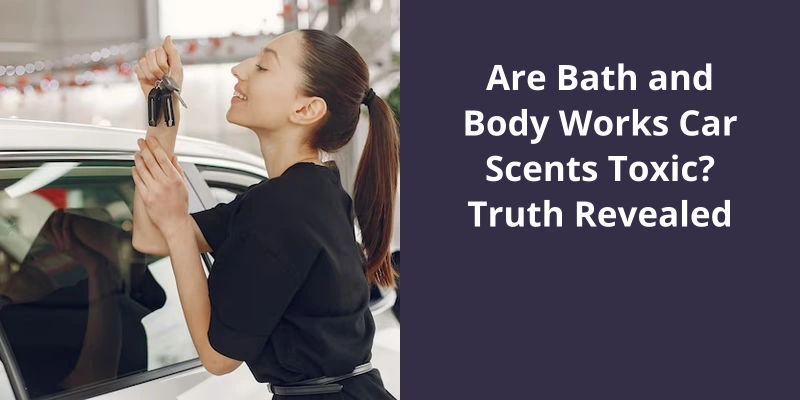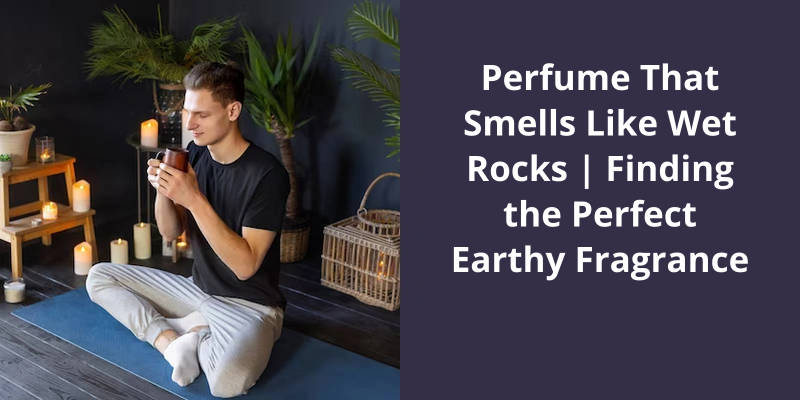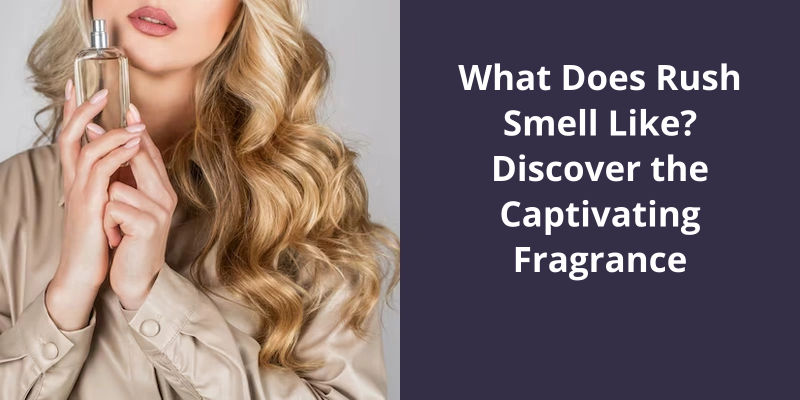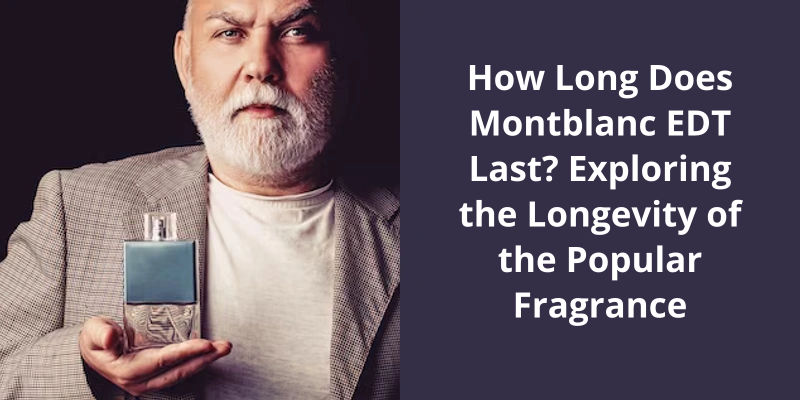Bath and Body Works car scents, also known as car fragrance refills, are not generally considered toxic. They are designed for a safe and pleasant fragrance experience. However, if you have allergies or sensitivities to fragrance, they could potentially cause reactions such as headaches or other symptoms. For most individuals, though, they are safe to use. Like any product, it’s important to use them as directed by the manufacturer to prevent any possible issues. It’s recommended to keep them away from children and pets due to the concentrated nature of the fragrance oils. But, as long as usage instructions are followed, these car scents should not be harmful.

Are Car Fragrances Harmful?
The chemicals commonly used in car air fresheners are called volatile organic compounds (VOCs) that emit gases into the air. These gases can cause headaches, dizziness, and even nausea, especially if one is exposed to them for long periods of time. Inhaling high levels of VOCs may also cause damage to ones liver, kidneys, or central nervous system. As such, it’s important to choose air fresheners that are free from harmful chemicals.
One of the most common chemicals used in car air fresheners is phthalates, which are known endocrine disruptors that may cause hormonal imbalances. Exposure to phthalates has also been linked to reproductive and respiratory health issues. Other harmful chemicals found in car air fresheners include formaldehyde, benzene, and styrene, which are known carcinogens that can increase ones risk of cancer and other health problems.
While many people enjoy the pleasant fragrance of air fresheners, it’s important to remember that the scent itself can also cause health issues. Synthetic fragrances can trigger allergies and asthma attacks, especially in individuals who’re already sensitive to these types of products. Some fragrances may also contain allergens, which can cause skin reactions.
To avoid the potential health risks associated with car air fresheners, it’s recommended to opt for natural alternatives such as essential oils. Essential oils are derived from plants and are free from harmful chemicals. They not only provide a pleasant fragrance but also have a range of health benefits such as reducing stress and boosting energy levels. Aromatherapy diffusers are a great way to use essential oils safely in the car.
It’s important to read labels carefully, choose products that are free from harmful chemicals, and opt for natural alternatives when possible. Proper ventilation and regular cleaning can also help improve air quality in the car. At the end of the day, staying informed and making conscious choices about the products we use can go a long way in promoting a healthy and happy lifestyle.
It’s no secret that there’s growing concern about the potential health risks associated with using air fresheners and scented plugins. These products, while popular for their ability to mask unpleasant odors, have been found to contain harmful chemicals such as formaldehyde, which is known to be a carcinogen. Unfortunately, the dangers of these products are often overlooked in our quest for a fresh-smelling home. In this article, we’ll explore the question of whether scented plugins are truly carcinogenic and what you can do to reduce your exposure to these harmful substances.
Are Scented Plugins Carcinogenic?
Air fresheners and scented plugins have become a ubiquitous part of modern homes and workplaces. They’re intended to provide a pleasant scent and create a more comfortable environment, but unfortunately, they often contain dangerous levels of toxic carcinogens that can be harmful to both humans and pets. One of the most worrisome chemicals found in many air fresheners is formaldehyde. Formaldehyde is a potent carcinogen that can cause cancer, respiratory problems, and other health issues.
Formaldehyde is commonly used as a preservative and in the manufacturing of many household products, including air fresheners, scented candles, and plug-ins. But when formaldehyde is released into the air, it can be extremely harmful to our health. Even exposure to low levels of formaldehyde can lead to respiratory irritation, headaches, and nausea.
The chemicals they contain, including formaldehyde, can cause respiratory problems, cancer, and other health issues. Oftentimes, they only cover up odors rather than neutralizing them. However, there are safer alternatives available. Consumers should take the time to research products before purchasing and opt for natural alternatives whenever possible. By doing so, we can create a safer and healthier living environment for ourselves and our loved ones.
The Environmental Impact of Air Fresheners: Many Air Fresheners and Scented Plugins Are Also Harmful to the Environment Due to the Release of Volatile Organic Compounds (VOCs) That Contribute to Air Pollution and Climate Change. This Section Can Delve Into the Environmental Impact of Air Fresheners and Suggest Eco-Friendly Alternatives.
Air fresheners and scented plugins can release volatile organic compounds that contribute to air pollution and climate change, making them harmful to the environment. Eco-friendly alternatives should be considered to reduce their impact.
Looking for a non-toxic way to make your car smell great? Look no further than baking soda and essential oils. This combination will eliminate any unpleasant odors while providing a naturally refreshing scent. It’s a perfect option for those who want to keep pollutants out of their car and maintain a safe environment for pets and children. Discover how to create this simple and effective car air freshener solution below.
How Can I Make My Car Smell Good Non Toxic?
One of the most common problems every car owner has faced is a bad odor in the car. There are many ways to eliminate the unpleasant smell, but most commercially available air fresheners contain harmful chemicals. Instead of using toxin-based car fresheners, you can make your own with natural and non-toxic ingredients like baking soda and essential oils.
When mixing your non-toxic air freshener, be sure to use the required amount of baking soda and essential oil. Essential oils might be safe, but they’re also concentrated, so don’t add too much. One of the advantages of using natural air fresheners is the ability to customize your cars scent. You can choose from a range of essential oils like lavender, peppermint, eucalyptus, and more.
Once you’ve mixed your baking soda and essential oils, transfer them into a container. There are many container options, such as mason jars, sachet bags, and cupcake liners. Choose a container that suits you best. Youll have to clean and replace your non-toxic air freshener periodically to ensure it’s effectiveness.
The non-toxic air freshener is a great option if you’ve pets or small children in your car. Though it might not completely remove the bad odors from your vehicle, it will minimize them significantly.
Other Natural Ingredients That Can Be Used for Non-Toxic Air Fresheners, Such as Citrus Peels and Herbs
Some non-toxic and natural ingredients that can be used to make air fresheners include citrus peels and herbs. These ingredients can be utilized to create a pleasant and refreshing scent without the use of harmful chemicals.
Now that we know the potential reasons behind the expiration of car scents, let’s explore how long they typically last and what signs to look out for when your air fresheners have reached their limit.
Do Car Scents Expire?
Additionally, exposure to sunlight and high temperatures can also accelerate the breakdown of fragrance molecules, resulting in a weaker or non-existent scent. It’s important to keep this in mind when selecting a car air freshener, as some fragrances may not be as long-lasting as others.
Synthetic fragrances may have a shorter lifespan than natural fragrances, as they’re often made from chemicals that can break down more quickly.
Many car air fresheners come with a recommended lifespan on the packaging or instructions, which should be followed to ensure optimal scent performance. It’s also important to replace car air fresheners regularly to avoid a buildup of stagnant odors in your vehicle.
Some car air fresheners may also contain volatile organic compounds (VOCs), which can have negative health effects when breathed in at high levels.
Finally, it’s important to note that car air fresheners can also expire if they aren’t stored properly. Exposing air fresheners to extreme temperatures or storing them in moist environments can cause them to break down more quickly.
Car scents can expire due to a variety of factors, including exposure to oxygen, sunlight, high temperatures, and even the type of fragrance used. Following recommended lifespan guidelines and choosing low-VOC or VOC-free air fresheners can help prolong the life of car scents and minimize negative health effects.
The Impact of Air Fresheners on Air Quality and Human Health.
- Air fresheners contain chemicals that can worsen air quality and pose health hazards.
- The chemicals in air fresheners can irritate the eyes, nose, and throat and cause respiratory problems such as asthma.
- Air fresheners can also contribute to indoor air pollution and increase the levels of volatile organic compounds (VOCs) in the air.
- Some air fresheners can contain toxic chemicals such as phthalates, formaldehyde, and benzene.
- Alternatives to air fresheners include using natural products such as essential oils, opening windows, and proper ventilation.
- It’s important to read labels and choose air fresheners that don’t contain harmful chemicals.
It’s important to consider the potential health risks associated with the products we use in our homes, including air fresheners. Bath and Body Works Wallflowers are a popular choice for many, but their ingredients have raised concerns about their safety and potential toxicity. So, are Bath and Body Works Wallflowers bad for you? Let’s take a closer look at the potential health risks and what you can do to protect yourself and your loved ones.
Are Bath and Body Works Wallflowers Bad for You?
The use of air fresheners has become more popular than ever, and with good reason too. People use these products to mask unpleasant odors and create a refreshing atmosphere in their living spaces. However, it’s equally important to ask whether these products are safe, particularly in the long term. One such brand that’s captured the attention of consumers is Bath and Body Works, particularly it’s Wallflowers range. While these products may smell great, there are questions about their safety and impact on health.
Wallflowers contain several ingredients, some of which are known to be harmful to human health. This includes formaldehyde, a known carcinogen, and phthalates that disrupt hormones and can lead to organ damage in the long term. Another group of chemicals present in Wallflowers are volatile organic compounds (VOCs), which can cause short- and long-term health effects such as eye, nose, and throat irritation, headaches, nausea, and a range of respiratory problems.
To minimize the potential harm caused by Wallflowers, users can follow a few guidelines. For instance, they can use these products less frequently and swap them out for natural alternatives such as essential oil diffusers, beeswax candles, and potpourri. It’s also useful to ensure adequate ventilation when using air fresheners to allow fresh air to circulate and reduce the amount of chemicals in the air.
A Comparison of Bath and Body Works Wallflowers to Other Popular Air Freshener Brands in Terms of Their Safety and Impact on Health
This article compares the safety and impact on health of Bath and Body Works Wallflowers to other popular air freshener brands. It aims to provide readers with information to make informed decisions regarding their choice of air fresheners.
Conclusion
While the brand has stated that their products comply with all safety regulations and regulations, some consumers remain skeptical and worry about the chemicals used in their products. It’s important for brands to be transparent about the ingredients used in their products and to conduct proper testing to ensure that they’re safe for use. Consumers should also take it upon themselves to research and educate themselves on the products they use to make informed decisions. Ultimately, the safety and well-being of consumers should be the top priority for companies, and measures should be taken to ensure that their products are safe and non-toxic.





